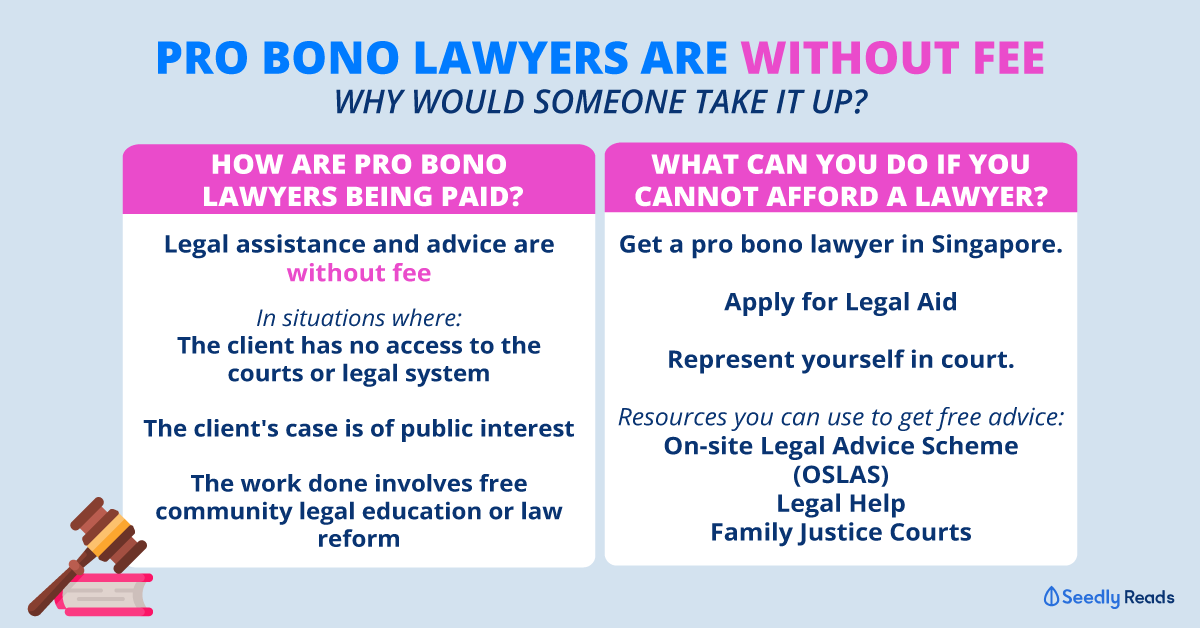Advertisement
Anonymous
How much coverage would you recommend someone who is still a student or someone who is an unemployed looking to seek coverage for CI? As there are multipay, single ECI, limited pay, Standalone/rider?
2
Discussion (2)
Learn how to style your text
Elijah Lee
09 Aug 2020
Senior Financial Services Manager at Phillip Securities (Jurong East)
Reply
Save
Hey there!
There are many different options for you depending on your budget and needs. In general, people opt for a coverage that is 5x of their annual income but because you are not receiving an income, you might want to play around with the number instead.
In general, whether to get a standalone CI plan or a rider to a whole life plan will depend on your preference. Some people opt for a whole life plan because they want a limited form of payment. From a budget standpoint, riders to whole life tend to be more expensive since they're compressing the payment into a period of time eg. 10 years etc. Of course, the limited payment will appeal to people who are concerned if they are still able to fund the plan later on in life.
While standalone CI plans usually require payment till the term expires, standalone CI plan usually comes with premium waiver riders that waives off your premiums while keeping you covered upon the diagnosis of CI. This is to help people who may be unable to work and fund the plan in the event CI occurs. Of course, standalone CI plans tend to be more comprehensive since it covers special conditions. Some even cover pre-early stages eg. AIA Power Critical Cover.
It will be necessary to find out more about your life stage, budget and objectives in order to decide which is a better course of action for you. Do reach out if in need!
Financial planning is an integral part of life. You can reach me here to find out more.
Reply
Save
Write your thoughts
Related Articles
Related Posts
Related Products

Income IncomeShield Integrated Shield Plan
4.4
306 Reviews
NTUC Income IncomeShield Integrated Shield Plan Preferred
$1,500,000
LIMIT PER POLICY YEAR
180 / 365 days
PRE & POST HOSPITAL
As Charged
OUTPATIENT BENEFITS
Private Hospital
WARD ENTITLEMENT

Raffles Shield Integrated Shield Plan
4.5
83 Reviews

AIA HealthShield Gold Max Integrated Shield Plan
4.2
20 Reviews
Related Posts
Advertisement









Hi anon,
I would say that at the very least, you need money to cover 5 years of your expenses, along with money for out of pocket costs for things such as alternative treatment. This can be provided for via a whole life limited pay plan with a multiplier, with the appropriate riders.
After that, you can consider adding on multipay if you are worried about recurrent CI. Or, you may add CI/ECI on a stand alone term. There are also stand alone CI/ECI plans. One thing that all of these plans have in common is that they are term plans, which would mean that you would have to keep paying if there is no claim. This can add up to quite a fair bit if your coverage duration is long.
Multipay tends to be expensive though, so it is probably best used to cover you during your working years, and a whole life plan can be fallen back on when you are in retirement years if you did not claim.
However, if you are a student, I would suggest that you focus on your studies first unless you have sufficient funds sitting in your bank to pay premiums till you graduate. But for someone who is already working but currently unemployed, you will probably need to have some level of coverage, since you are employable, but still seeking. If something were to happen, you will definitely be unable to work for a while and the payout will be even more important to meet your expenses and keep you afloat while you recover. If money is tight, a term plan can be used to tide an unemployed person for a while till things get better.